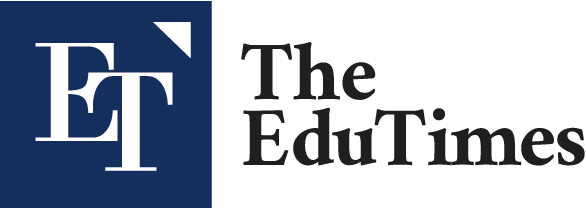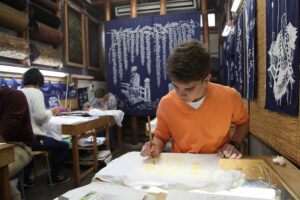U.S. Colleges Are Retracting Surveillance Testing for Covid
Recently, higher education institutions across the U.S. have eased Covid testing requirements for the vaccinated population on campus. Such decisions show the trend in the education sector to move away from the previously widespread surveillance testing policies at colleges and universities. While the move may mean less inconvenience to students and faculties, it can also lead to losing reliable sources of transmission data for public health experts.
According to the U.S. Food and Drug Administration, surveillance Covid testing is mostly conducted to “gain information at a population level, rather than an individual level,” possibly using random sampling on parts of a specific population to see the infection trend. On the other hand, screening and diagnostic testing for Covid-19 are both looking for an occurrence at the individual level; screening testing is to check an individual even when there is no reason to suspect infection, while diagnostic testing is carried out with a particular reason to suspect infection.
Among the prominent U.S. universities, Cornell, Duke, Stanford, and the University of Southern California, have already started to forgo regular testing requirements for the fully vaccinated people in their communities since mid- to late February of this year.
Saskia Popescu, an infectious disease epidemiologist and adjunct professor at the University of Arizona, said that the institutions such as the aforementioned universities used to provide a “rich environment” to study and analyze the transmission of the coronavirus in shared living spaces.
Yet, these colleges will continue to require unvaccinated population on campus — though very small in numbers due to vaccine mandate policies — to be tested on a regular basis. Experts warn that limiting surveillance Covid testing even to that group will make it more difficult to track the transmission of the virus, especially the highly contagious Omicron subvariant.
For instance, Cornell University believes that its surveillance testing policy, extensively testing even the fully vaccinated students every week, led to an early discovery of the Omicron variant’s rapid spread on campus last December. As of today, Cornell University reports that 97 percent of its students and 95 percent of its employees are fully vaccinated, with 92 percent of each group having received a booster shot.

A couple of months later in this February, the institution announced that it is “confident that frequent and regular testing of [asymptomatic], vaccinated-and-boosted individuals is no longer necessary to adequately monitor our community.” In the following month, the school also relaxed its on-campus mask policy.
However, after easing the mask policy in March, Cornell saw another spike in infection numbers, which can be considered to be second in intensity to its previous Omicron wave in December. The university had to move final exams online and cancel all university-sponsored events. Officials at the institution commented on March 23 that the increase in infection rate was beyond their predictions.
It’s becoming more difficult to get an accurate count of active cases on campus. The school said that most infection cases are currently detected through diagnostic testing of people with symptoms, implying that asymptomatic cases — which can only be found through surveillance testing — would have gone unrecorded. According to the Centers for Disease Control and Prevention, people who carry enough coronavirus in their bodies to test positive but without symptoms can still spread the virus to others.
Despite this, some public health experts believe that advances in wastewater surveillance systems, accessible rapid tests, and widespread vaccination may prevent substantial variation in the virus, which in turn supports the universities’ strategy to step away from surveillance testing.
Carl Bergstrom, a biology professor at the University of Washington in Seattle and a consultant for the health technology company Color which conducts Covid testing, said, “It could easily be true that proactive testing was a useful thing for them to have done, and that they don’t need it now.”
Universities in the U.S. are faced with the sustainability issue of extensive surveillance testing, for it requires a lot of human and physical resources. Judy Platt, chief health officer at Boston University, said that the school’s own laboratory has handled more than two million tests with significant expenses since August 2020. The university will no longer conduct Covid testing for the asymptomatics after May 23.
However, many of the most vulnerable population on campus such as those who could not receive vaccination due to medical reasons feel unprotected and unsafe from their university’s decision to drop extensive testing, especially in conjunction with the relaxation of mask mandates.
Rebecca Harrison, a doctoral candidate who served on Cornell’s initial reopening committee in 2020 and is immunocompromised, referred the university’s decision to accept some level of infection numbers on campus as a “slap in the face.” She expressed her dissatisfaction especially with the university president’s remark during a January meeting that the spread of the virus among the vaccinated at the school is inevitable.
“We’re giving politicians justification for the decisions they’re making […] and that hurts everyone,” Ms. Harrison said of universities’ retraction of surveillance testing policy.
Read More: MBAs in the U.S. Mandate Covid-19 Vaccination



